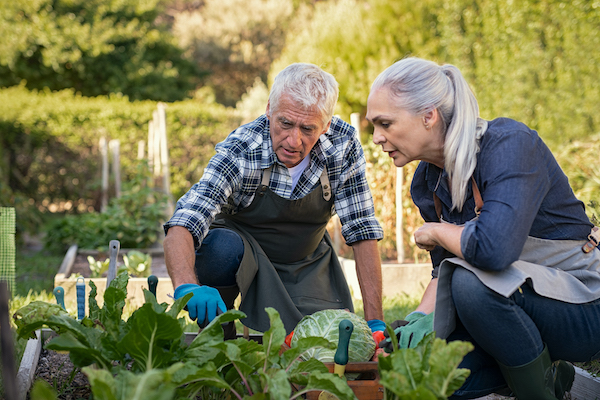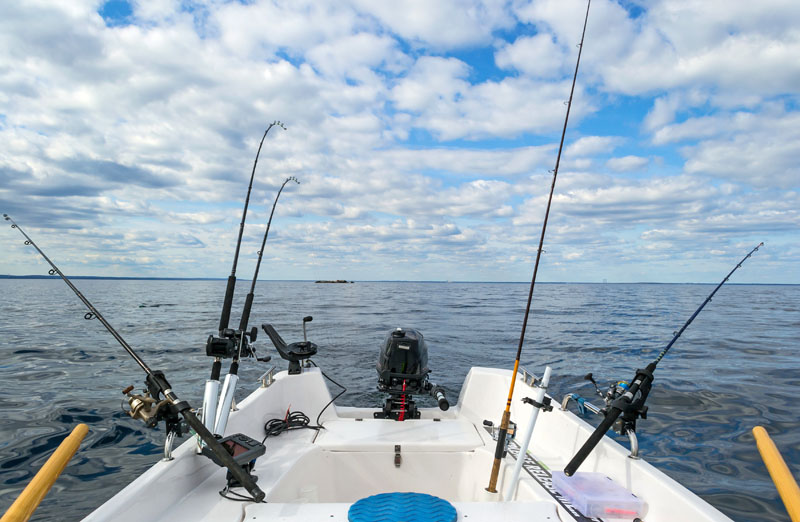Safe Watch Active® Provides Safety & Security for Farmers & Fishermen

Safety is a concern for individuals of all ages. Walking down the street, shopping in a mall, working alone at night, the morning run before work – all of these situations can leave us vulnerable! Thanks to smart technology and gps tracking, there are ways to increase your safety and security in threatening situations where you might need emergency help.
LifeFone’s Safe Watch Active® identifies your location with cellular, Wi-Fi and GPS technology. In the event of an emergency of any kind, a subscriber only needs to push the help button on the device to reach a care agent who will help you get the type of assistance you need. Wearing this device is beneficial for:
- Latch-key kids
- Runners and bikers
- Real Estate Agents
- Home health aides
- College students
- Women who live alone
- Those who vacation alone or travel on business
- Fisherman
- Farmers
In another article we discussed how LifeFone’s Safe Watch Active® can be a useful tool for lone worker safety. Now we’d like to explore how LifeFone’s Safe Watch can be of great use to farmers and fishermen.
Farmers:
The agriculture industry in the United States represents close to 15% of the nation’s economy and is a central part of the country’s prosperity. At the center of the agricultural industry are those dedicated farmers and ranchers who work to produce food at a level of efficiency and quality.
Farming is a potentially hazardous profession. Farmworkers are exposed to a variety of safety hazards ranging from environmental hazards to vehicle rollovers, heat exposure, falls, equipment related injuries, grain bin accidents, chemicals and more. Here are a few examples:
Heat Related Illnesses
- Fainting
- Fatigue
- Headache
- Nausea, vomiting or diarrhea
- Dizziness or Confusion
- Dehydration
Equipment Injuries
Farmers and field workers often use cutting tools, hoes, work on ladders, use equipment like welders and power tools. When used improperly or carelessly, these can cause serious injuries. Here are a few basic tips:
- Be sure that your shop is well-lit and has clear walkways to avoid trips and falls.
- Wear protective gear such as goggles and gloves.
- Make sure that your clothing has no loose ends or strings that might get caught in machinery.
- Power tools should be properly grounded and in good working condition. Ensure that the cords are not frayed.
Grain Bins and Silos
These innocent-enough looking structures are more dangerous than you might think. Farmers can be exposed to suffocation or possibly become engulfed in the grain as well as exposure to grain dust and the possibility of explosions.
Suffocation can occur when a worker becomes buried, or engulfed, by moving grain. Moving grain acts like “quicksand” and can bury a worker in seconds.
Make sure someone knows you are entering a grain bin and never go in alone. What seems like a quick job of moving grain about can become a serious situation.
Tractor Safety
Tractors, harvesters, loaders, chain saws, and yes, even squealing pigs, are all typical farm noises that can result in noise-induced hearing loss. When possible, wear ear protection.
Noise isn’t the only hazard related to tractor use.
- “KNOW” your tractor. If it’s new, or if it’s been idle for a few months, familiarize yourself with its operation.
- Never allow passengers unless there is a seat inside the cab specifically for that purpose.
- Never walk away from a tractor whose engine is running.
- Avoid loose-fitting or torn clothing.
- Though it seems like a no-brainer, be careful when mounting or dismounting. Many workers have experienced wrist, arm, hip, leg and ankle injuries just getting on or off the tractor.
- Use a SMV (slow moving vehicle) emblem if you’re driving on highways or gravel roads.
This certainly isn’t an exhaustive list of the potential dangers associated with farming. While a very vital part of our economy, it is also a very rewarding profession for those who work on the estimated 2.2 million farms in the United State. A smartwatch with medical alert protection can be of great value in any of these instances.
Fisherman:
There is nothing as peaceful as getting out on the open water, dropping a fishing line and catching breakfast or dinner, right? We agree. There are, however, unexpected things that could come up that might make you wish for a connection to the “outside world.”

What could constitute a fishing emergency? Here are a few items:
- Your boat could run out of fuel
- You could run aground.
- The oars could fall into the water.
- Someone in your fishing party could suffer a health emergency.
- A storm could unexpectedly blow through and throw you off course.
No matter where you live or how calm the waters are where you fish, safety should always be top of mind.
There are many mobile apps available to fishermen. Two useful ways to stay connected are:
- Global positioning system (GPS) apps. These are useful to help you navigate to and from the shore – especially helpful if you can’t see the shoreline.
- An app called The Fisher Friend, which will sound a beep if your fishing boat drifts within five kilometers of an international boundary. This app also provides local weather, potential fishing zones and other safety information.
While these are beneficial, wearing the Safe Watch Active® is the best way fishermen can get help in the event help is needed.
- How Seniors Can Feel Empowered in a Digital World with Accessible Technology
- February Is American Heart Month
- Thriving as a New Caregiver: Self-Care Secrets Revealed
- Bridging the Gap: Supporting Seniors Without Nearby Family
- Distance Caregiving Simplified: Modern Strategies for Compassionate Support
FREE BROCHURE Today!
